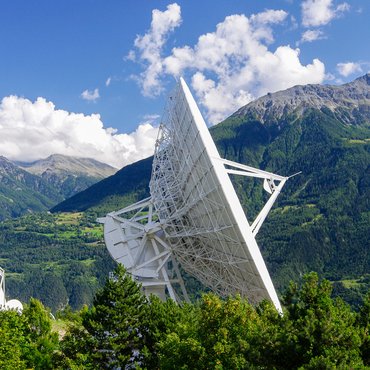Charges, levies, taxes and fees for the purchase of electricity for hydrogen production in electrolysers
As the German government's "power plant strategy" also provides for a reduction in the levies and charges for the electricity required for electrolysis (see the article above), the following section outlines the current levies, charges, taxes and fees that make the purchase of electricity for hydrogen production in electrolysers more expensive. However, we must not lose sight of the fact that the legislator has also created certain exemptions.
Existing levies, charges, taxes and fees
The current levies are the KWKG levy, the offshore grid levy and the Section 19 StromNEV levy, as well as the concession levy, the electricity tax and the grid fees. As can be seen from some of the names, the KWKG levy finances the promotion of combined heat and power plants, the offshore grid levy finances in particular the grid connection of offshore wind farms and the § 19 StromNEV levy finances the reduction in grid charges for electricity-intensive companies in § 19 Para. 2 of the Electricity Grid Charges Ordinance. The concession levy is the fee paid by the grid operators to the municipalities for the use of their land, while the grid fees are the fee for the use of the grids.
Origin of levies, charges and fees
Unlike the EEG levy, the above levies and the concession fee are linked to the use of the grid and are therefore added to the grid fees - which are already "originally" incurred for the use of the grid. The electricity tax arises from the withdrawal of electricity from the grid. If and insofar as the electricity for electrolysis is purchased via a grid, the levies, the licence fee, the electricity tax and the grid fees are therefore generally also incurred.
Exceptions
KWKG and offshore grid levy: According to Section 25 of the Energy Financing Act (EnFG), the KWKG and offshore grid levy are reduced to zero if the electricity a) is used to produce green hydrogen b) is used in a facility for the production of green hydrogen that c) was commissioned before 1 January 2030 and d) is connected to the grid via its own metering point. According to Section 26 EnFG, the requirements that hydrogen must fulfil in order to be considered "green hydrogen" are to be regulated in an ordinance based on Section 93 of the German Renewable Energy Sources Act (EEG). Such a regulation existed for a time in the Renewable Energy Sources Ordinance, but has since been repealed. However, the recently revised 37th Federal Immission Control Ordinance (37th BImSchV, see Hydrogen Update 01/2024), which is relevant for the transport sector and "implements" a delegated act of the European Commission from mid-February 2023, provides guidance. The 37th BImSchV is also important insofar as the Federal Government has the option under Section 93 (3) EEG to refer to an ordinance under Section 37d (2) sentence 1 no. 13 of the Federal Immission Control Act for the requirements for green hydrogen; the 37th BImSchV is based on this, among other things.
In addition, Section 36 EnFG provides for a modification of the special equalisation scheme if companies or independent parts of companies a) are assigned to the sector WZ-2008-Code 2011 according to Annex 2 of the EnFG ("Production of industrial gases") and b) the electrochemical production of hydrogen makes the largest contribution to their total gross value added. If both are the case, the provisions in § 30 no. 1 and § 31 no. 1 EnFG do not apply, i.e. the full or proportionate amount of electricity subject to the levy must not have exceeded 1 gigawatt hour and the company does not have to bear a deductible for the limited amount of electricity. In addition, contrary to Section 31 EnFG, it is not necessary for the point of purchase to be assigned to a sector in accordance with Annex 2 of the EnFG. However, certain obligations to provide evidence must also be fulfilled here.
Electricity tax: The legislator has created an exception for electricity tax in § 9a Para. 1 No. 1 of the Electricity Tax Act. This states that, on application, the tax on electricity that has been demonstrably taxed and used by a manufacturing company for electrolysis is waived, reimbursed or refunded.
Grid fees: Section 118 (6) of the Energy Industry Act allows electricity purchased for plants in which hydrogen is produced by water electrolysis to be exempt from grid fees for a period of 20 years. The prerequisite is that the electrolyser has been newly constructed after 31 December 2008 and has been or will be commissioned within 18 years from 4 October 2011 - and no longer within 15 years as previously.

Subscribe to our GvW Newsletter here - and we will keep you informed about the latest legal developments!




